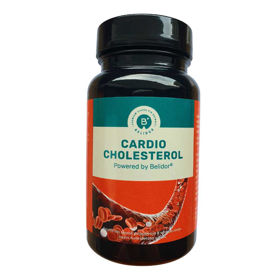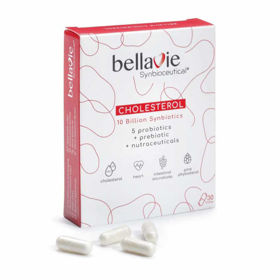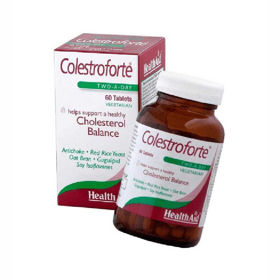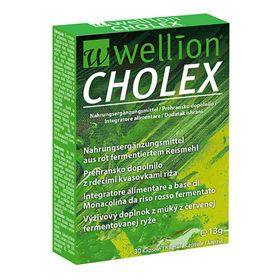Customer question:
What is the best cholesterol medicine? Anonymous customer's question
Pharmacist's answer:
The best medicine against cholesterol is the one that is suitable for the individual and his health condition. Several types of drugs are used to lower cholesterol, and the choice of drug depends on various factors, including cholesterol levels, medical conditions, and any other medications the individual may be taking.
Some common cholesterol-lowering medications are as follows:
- Statins: Statins are the most commonly prescribed cholesterol-lowering drugs. They work by inhibiting the activity of an enzyme in the liver responsible for cholesterol production. Examples of statins include the following: atorvastatin, simvastatin, rosuvastatin, and pravastatin.
- Fibrates: Fibrates are drugs that help lower triglyceride levels and increase "good" HDL cholesterol levels. Some examples of fibrates are gemfibrozil and fenofibrate.
- Ezetimibe: Ezetimibe reduces cholesterol absorption from food in the digestive tract. It is usually used in combination with statins.
- Bile acid absorption inhibitors: These drugs reduce the amount of cholesterol absorbed in the digestive tract. Examples include the drugs colesevelam and colestipol.
- PCS9 inhibitors: These are a relatively new class of drugs that work by inhibiting the action of the PCSK9 protein, allowing more "good" HDL cholesterol to be produced in the bloodstream.
How do you maintain healthy cholesterol naturally?
It is essential to eat a balanced diet rich in fiber, healthy fats, fruits, and vegetables, as well as to reduce the intake of saturated and trans fats. Fiber, found in legumes, whole grains, fruits, and vegetables, can help lower "bad" LDL cholesterol levels. Instead of saturated and trans fats, focus on healthy fats, such as unsaturated fats in nuts, seeds, avocados, and fish. Omega-3 fatty acids in fish such as salmon, mackerel, and herring can help lower blood triglyceride levels.
Regular physical activity like walking, running, swimming, or cycling often helps lower "bad" LDL cholesterol levels. Try to include at least 30 minutes of moderate-intensity physical activity several times a week. Excessive consumption of sugar and refined carbohydrates affects the level of triglycerides in the blood and worsens the balance between "good" and "bad" cholesterol. Try to limit your intake of sugary and processed foods and focus on whole foods.
Smoking can raise the level of "bad" LDL cholesterol and increase the risk of cardiovascular disease. If you smoke, get help to quit smoking. Being overweight can affect cholesterol levels and increase the risk of cardiovascular disease. Try to maintain a healthy weight with a balanced diet and regular physical activity.
Long-term stress can affect cholesterol levels and increase the risk of cardiovascular disease. Try incorporating relaxation techniques such as meditation, yoga, or breathing exercises into your daily routine to manage stress. Regular medical checkups are vital to monitoring cholesterol levels and other cardiovascular risk factors. If you have high cholesterol, your doctor may prescribe appropriate treatment or lifestyle changes to manage it. By maintaining a healthy lifestyle, a diet rich in fiber and healthy fats, and regular physical activity, everyone can contribute to cardiovascular health and reduce the risk of cardiovascular disease.
Interesting reading: Normal cholesterol values












 Facebook
Facebook
 Instagram
Instagram
 info@moja-lekarna.com
info@moja-lekarna.com

